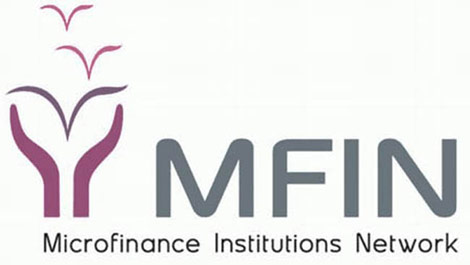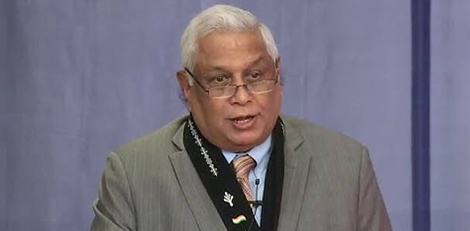MFIN and Northern Arc Capital collaborate to provide liquidity to microfinance sector
Posted on: 18/Jan/2019 12:40:28 PM

Northern Arc Capital, one of the leading NBFCs in the country, has structured and facilitated �Northern Arc 2018 MOSECTM Petta�, the first Par MOSECTM settled for microfinance institutions as part of its collaboration with Microfinance Institutions Network (MFIN) for providing much needed liquidity to the sector. Hinduja Leyland Finance (HLF) was the senior investor in this transaction. The multiple pools were bound together by a common Second Loss Facility being provided by Northern Arc Capital as the subordinate investor. The transaction, of deal size Rs 79 Crores facilitated funding for 11 Non-banking Financial Company-Microfinance Institutions (NBFC-MFIs) , of which six NBFC-MFIs participated in a securitisation transaction for the first time while seven NBFC-MFIs participating in a MOSECTM for the first time. These included 4 small NBFC-MFIs with Gross Loan Portfolio (GLP) <Rs 100 Cr, 5 medium NBFC-MFIs with GLP between Rs 100 to Rs 500 Cr and 2 large NBFC-MFIs with GLP >Rs 500 Cr.
This transaction opens up new opportunities for the emerging NBFC-MFIs to look at structured finance products as a source for raising debt on an on-going basis and leverage their capital better. For some of the participants, this was the first debt funding they raised post the liquidity crisis in India seen in September 2018. The process of making the first-time participants ready for the transaction involved rigorous and thorough on-field & management due-diligence, hand holding the originators on the transaction structure, process, compliance and taking them through the detailed rating process.
Harsh Shrivastava, CEO, Microfinance Institutions Network (MFIN) said, �MFIN�s partnership with Northern Arc helped ease the liquidity squeeze that particularly affected small and medium MFIN members. It is a great example of financial collaboration within the industry to achieve a common goal.
Talking about the transaction, Kshama Fernandes, Chief Executive Officer of Northern Arc Capital said, ��MOSEC TM transactions provide an efficient platform for issuers to club their pools together thus creating a larger deal that is geographically diversified and of a critical size. We are delighted at having enabled funding to a large number of MFIs at a critical juncture through the use of a single efficient structure.
The MOSECTM structure was aimed at improving the liquidity for the participating NBFC-MFIs. The senior investor, HLF, had the benefit of credit enhancement comprising cash collateral provided individually by each issuer and Second Loss Credit Enhancement (SLCE) support from Northern Arc Capital, which took the overall rating of the transaction to BBB+(SO). The risk for the investor was further mitigated through this structure by having contracts from 17 different states and giving a good mix of urban and rural portfolio.
Sachin Pillai, CEO � Hinduja Leyland Finance said, �The market for retail loan securitization transactions in India has been growing steadily over the last few years. We have benefited from securitization transactions both as an originator and investor. We are happy to have supported the microfinance sector at an important time by investing in this transaction. HLF invested in the first MOSEC transaction in December 2013; The MOSEC structure has since been useful t to us in taking early exposure to smaller entities, with the benefit of adequate credit enhancement, diversification and higher credit rating.�
Microfinance institutions have consistently exhibited resilience to external shocks. The sector has gone through multiple business cycles and has been able to demonstrate sustainability and scalability of its business backed by steady portfolio performance and repayments. Given the short tenor of loans/assets as compared to the average tenor of their borrowings, NBFC-MFIs do not face asset-liability mismatches and hence are structurally well placed. A liquidity event can however affect their growth and deprive their borrowers of the much-needed access to credit.








